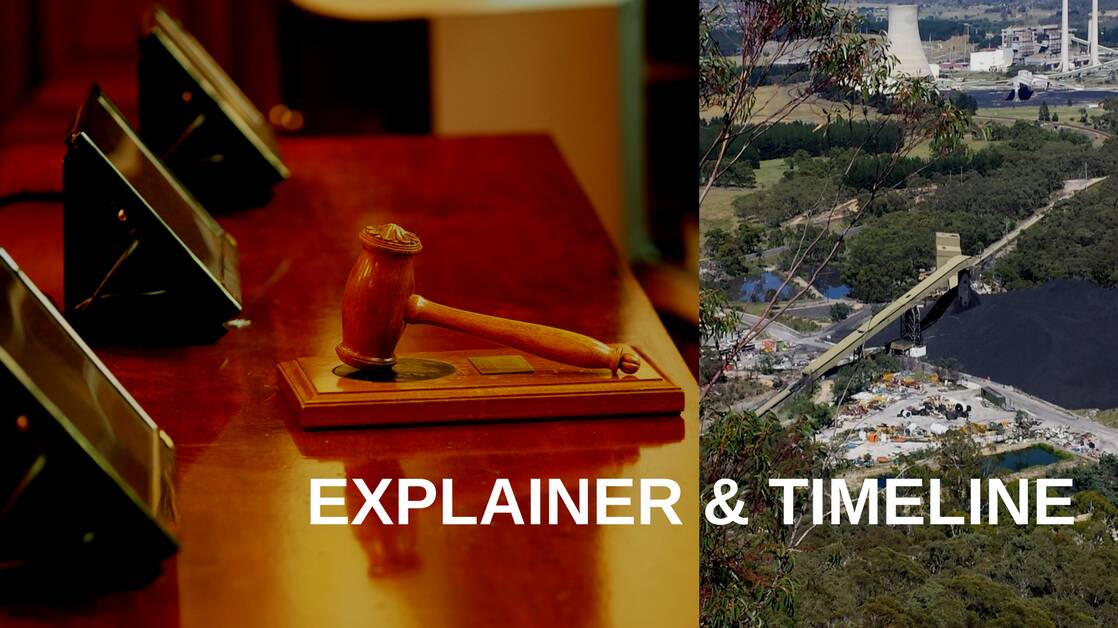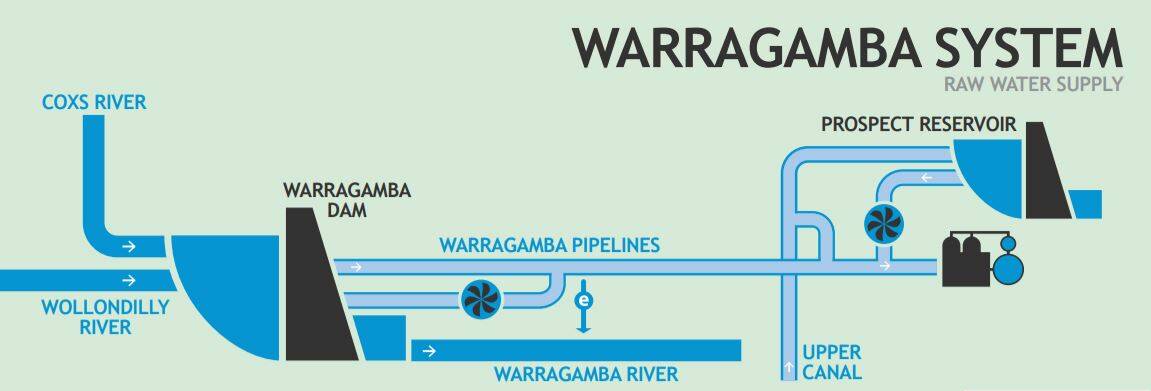
“This appeal is not about the merits of burning coal to produce electricity. Nor is it about the merits of mining coal from the existing mine at Springvale and burning it at the adjacent power station,” Justice Leeming said before announcing his judgement ruling that the approval to extend Springvale Mine was invalid.
Subscribe now for unlimited access.
or signup to continue reading
“This Court has instead been asked to determine a legal question. The question is whether the decision to approve development extending the mining operation at Springvale was within power. The answer is either yes or no.”
To the excitement of environmentalists, including the appellant group ‘4nature’, as well as the ire of coal supporters, the answer was ‘no’.
4nature v Centennial Springvale - Timeline
The three judges on the Court of the Appeal on August 2 unanimously found the Planning Assessment Commission’s decision to approve the extension of Springvale Mine was invalid.
The Judgement
As Justice Leeming explained the ruling rested on the ‘Neutral or Beneficial’ (NorBE) test that, under law, must be applied to planning applications.
“The Legislature of New South Wales has insisted that consent be granted to development relating to any part of the Sydney drinking water catchment only if the consent authority is satisfied that the carrying out of the proposed development would have a neutral or beneficial effect on the quality of water,” he said.

He then went onto explain that in the Commission’s report the analysis of whether the mine extension would negatively impact the catchment was based on a comparison of the current allowance for waters discharged from the mine and the increase in mine water if the extension was to go ahead.
However, the mine’s consent to continue operating in any capacity would have lapsed after nine days if the extension was not granted.
Justice Leeming said that because of this eventuality, the analysis should have compared the future water discharge levels for the mine against levels as if the mine no longer operated.
There is nothing to suggest that the Planning Assessment Commission gave any consideration as to what would happen at Springvale Mine in in the event that the application were refused. That shows that the Commission has misapplied the legal test.
- JA Leeming
“One does not assess the effect on water quality of mining over the next 13 years by assuming that historical mining, which was to cease 9 days after the decision was made, would continue,” he said.
“Indeed, it is the expiration of the existing approval which has driven the need for the development application for the period from October 2015 until December 2028.
“There is nothing to suggest that the Planning Assessment Commission gave any consideration as to what would happen at Springvale Mine in the future in the event that the application were refused. That shows that the Commission has misapplied the legal test.”
A further hearing will take place for the court to consider what orders are appropriate to resolve the matter.
The future of Springvale
Mine waters pumped through the Springvale Delta Water Scheme into the Upper Coxs River Catchment currently contribute 30 per cent of the salt load in the catchment. The mine’s license allows water of a salinity of 1,200 microSiemens per centimetre (μS/cm) to be released, however, consent conditions required this to be reduced to 1000 μS/cm by June 2017.
In July Springvale gained approval for a pipeline and water treatment facility that would remove the need to release any mine waters from Springvale. But the facility is not expected to be built until 2019.
It is not known if the approval of the Springvale water treatment facility will change the outcome of the ruling in any way.
A Centennial Coal spokesperson said they are now “digesting the judgement” to find planning options that will allow the mine to operate uninterrupted.

“This action obviously pre-dates the water treatment project,” Centennial spokesperson Kate Brassil said.
“It’s more of a legal precedent determining how the NorBE (neutral of beneficial) test is applied. We are just the unintended consequence.”
She said Centennial’s priority was ensuring their consent to operate was legal.
“Whilst we were hoping for the best, we were planning for the worst. Strategies are in place that we have identified already that we hope will allow us to operate uninterrupted.”

